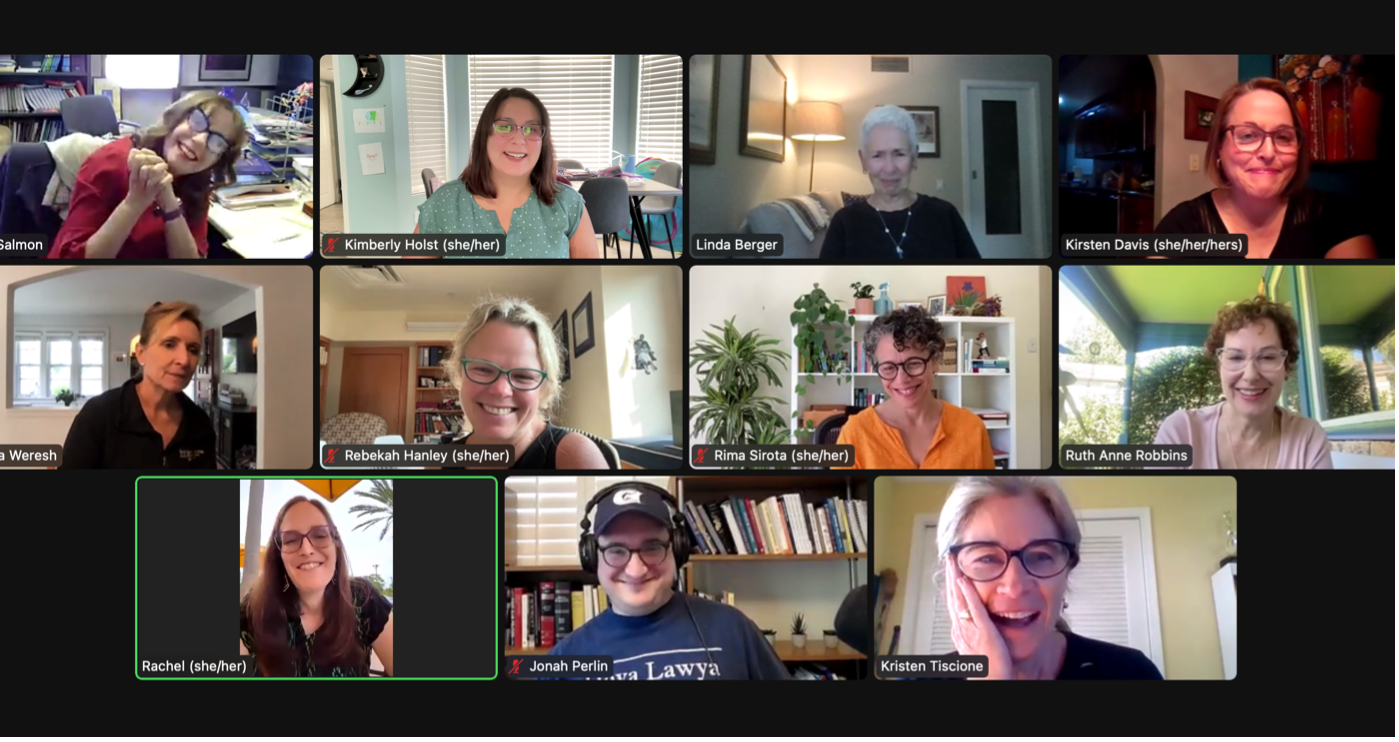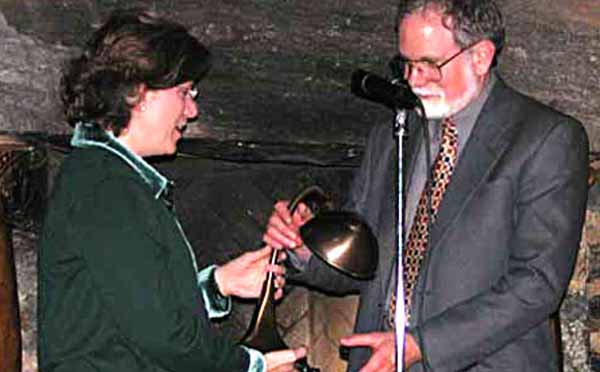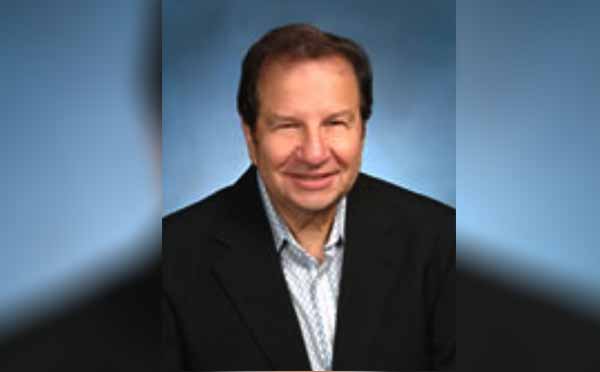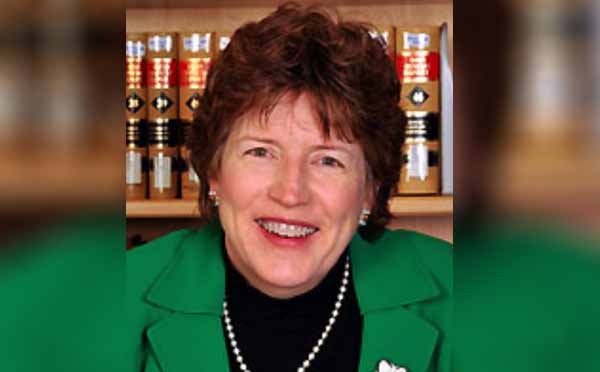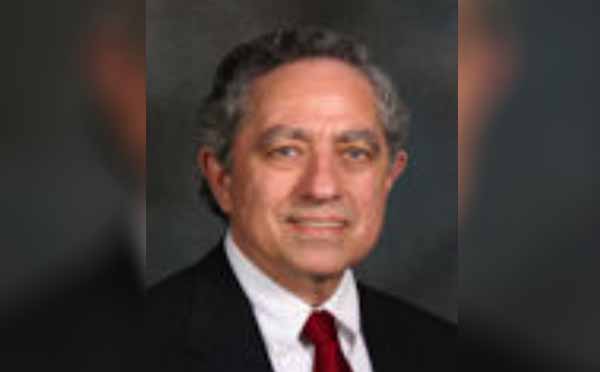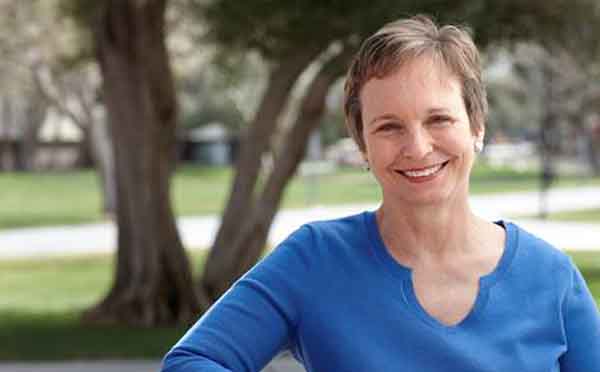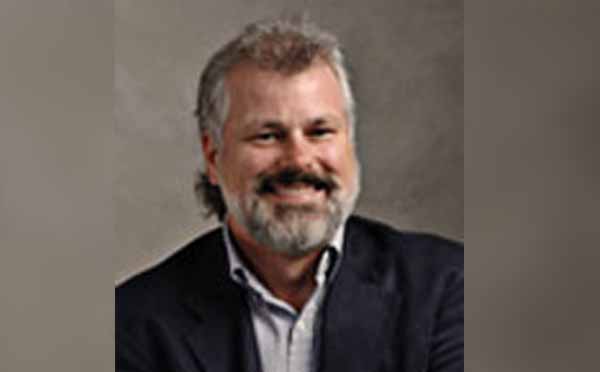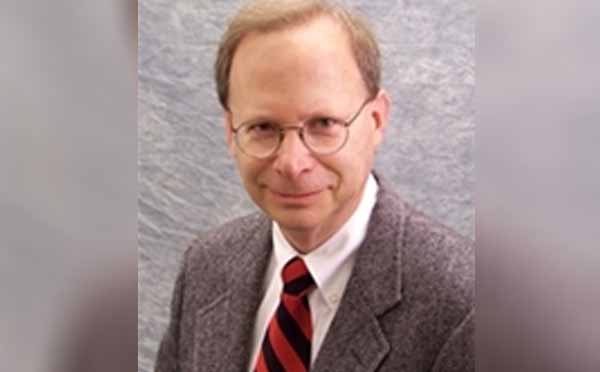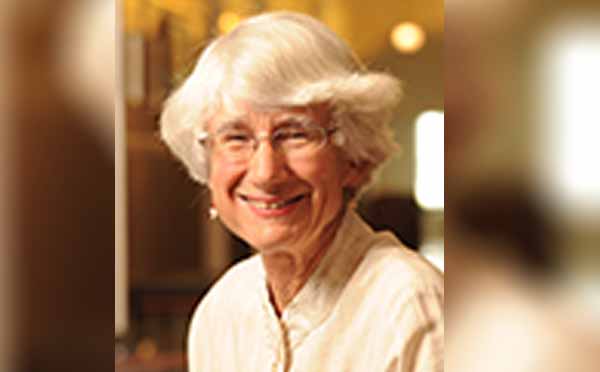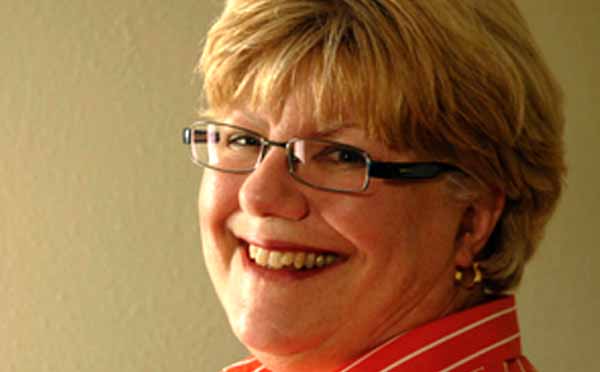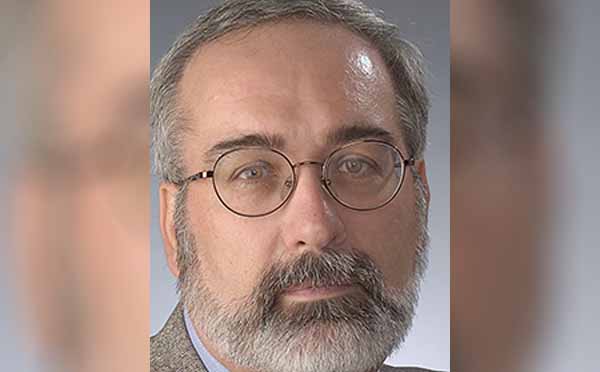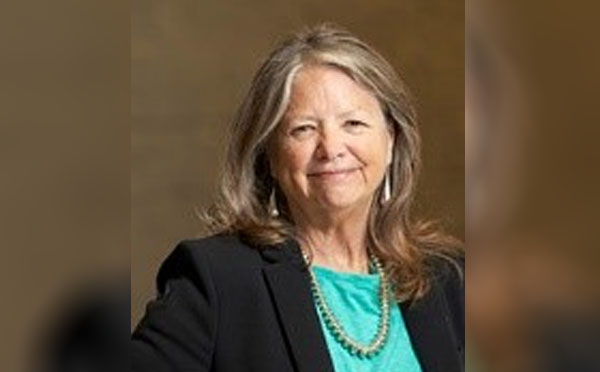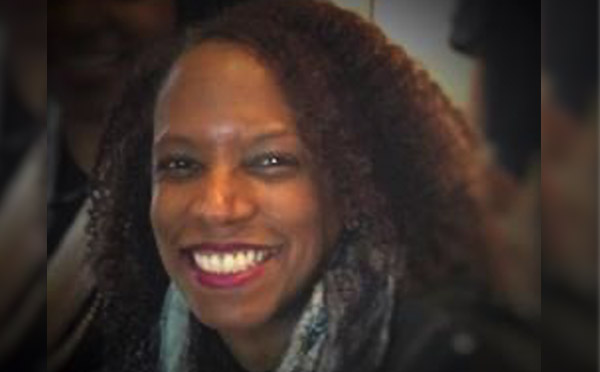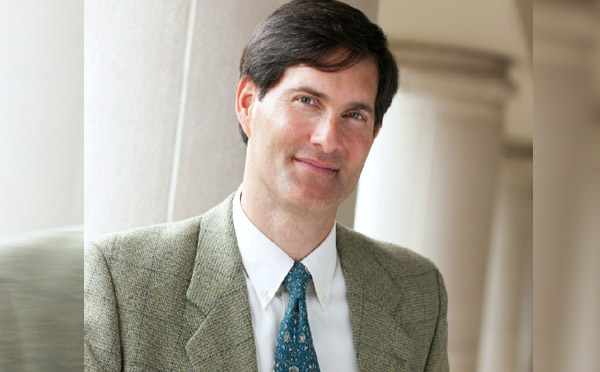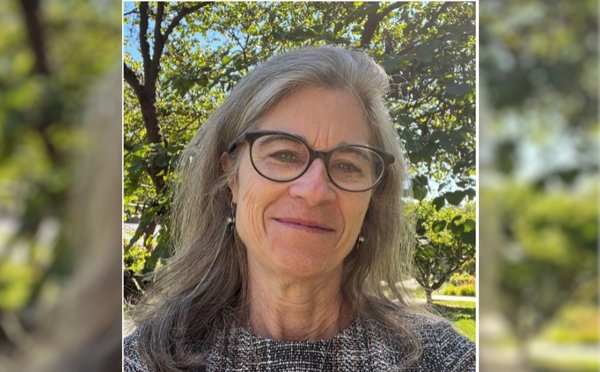
Kristen K. Tiscione
Kris is a Professor of Law, Legal Practice at Georgetown University Law Center where she has taught since 1994. She is a Past President of LWI, a past Secretary of ALWD, and a former Editorial Board Member of Legal Writing: The Journal of the Legal Writing Institute and Peer Reviewer for Legal Communication & Rhetoric: JALWD. Kris has chaired or co-chaired numerous conferences, including the Applied Legal Storytelling Conference, the LWI Biennial Conference, and the Capital Area Legal Writing Conference, and she has served on several LWI and ALWD Committees, including LWI’s Professional Status Committee.
The Thomas F. Blackwell Award is presented annually to a person who has made an outstanding contribution to improve the field of legal writing by demonstrating (1) an ability to nurture and motivate students to excellence; (2) a willingness to help other legal writing educators improve their teaching skills or their legal writing programs; and (3) an ability to create and integrate new ideas for teaching and motivating legal writing educators and students. Kris unquestionably exemplifies these contributions as a teacher and a colleague. In one nominating letter, her nominators stated:
Kris Tiscione is the kind of teacher, scholar, and colleague that lets us get to know Tom Blackwell. Her broad and deep dedication to her students and colleagues as well as her passion for legal writing honors Tom’s memory and continues his work.
Former students praised Kris’s ability to nurture students and inspire them to think more deeply about the topics in their courses:
Professor Tiscione also trusted her law fellows’ abilities to mentor first year students through one-on-one meetings and written feedback on assignments. Her faith in my ability to help younger students was a great motivator to work hard to improve my skills, and to look at my own writing with a more critical eye. Her belief in my potential in turn helped me develop confidence in my own abilities. Of all my law school teachers, I can say without hesitation that Professor Tiscione had the most profound and positive impact on my development as an attorney.
[Kris’s] love of rhetoric—the focus of her intellectual curiosity and the source of her intellectual passion—sets Kris apart. She created a course to teach interested students, myself included, how persuasive writing—legal or otherwise—transcends time: From Aristotle to modernity, principles of persuasion are timeless, teachable, and, most importantly, learnable. Kris pushed us to think critically and rigorously engaged with rhetoric. Kris knew I wanted to publish the paper I wrote in her class, so she put in a herculean effort to guide me to meeting the “publication standard.” And I did, thanks to her.
Outside of the classroom, Kris inspires her colleagues at Georgetown and members of the legal writing community with her discipline-building scholarship, her dedicated mentorship, and her tireless advocacy for legal writing scholarship and faculty.
In [her Philosophy v. Rhetoric in Legal Education] article, Kris took up the cause of disrupting the status of legal writing as “the stepchild of the law school curriculum,” . . . . She identified the discrimination at work as discrimination on the basis both of gender and “perceived intellect,” that is, the discrimination was based in part on the misguided theory of others in the legal academy that not only were most professors of legal writing women, they were women “who aren’t that smart teaching a course that’s not that hard.” Given the context, it took courage to write what Kris wrote—and she has continued to show that same courage time after time after time.
[Kris] has been one of my most important colleagues. By her leadership and quiet encouragement, she has helped me to see my own value as a teacher, scholar, and faculty member. I trust her advice: she always builds me up, even when she is delivering a candid and difficult assessment. Every discussion with her is an opportunity for growth.
Kris teaches us all how to incorporate aspects of formal logic and rhetoric into our teaching. I am a better professor because she has filled in some of those gaps for me. She and I also spent time together really noodling through the different types of legal reasoning. Not just what Wilson Huhn says in his book, The Five Types of Legal Argument, but also contemplating the newer ideas of narrative reasoning and inferential reasoning.
There were lots of smiles as friends and colleagues shared the good news with Kris.
